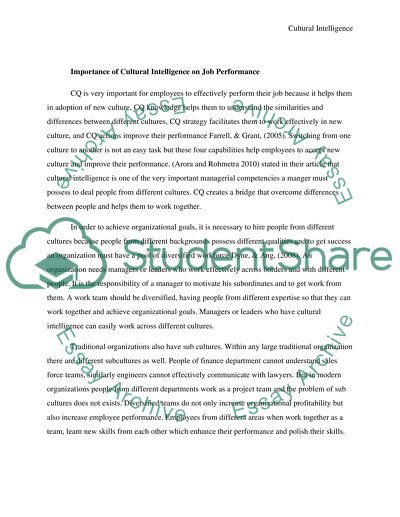Cite this document
(“Impact Of Cultural Intelligence On Job Performance Coursework”, n.d.)
Impact Of Cultural Intelligence On Job Performance Coursework. Retrieved from https://studentshare.org/tourism/1692145-impact-of-cultural-intelligence-on-job-performance
Impact Of Cultural Intelligence On Job Performance Coursework. Retrieved from https://studentshare.org/tourism/1692145-impact-of-cultural-intelligence-on-job-performance
(Impact Of Cultural Intelligence On Job Performance Coursework)
Impact Of Cultural Intelligence On Job Performance Coursework. https://studentshare.org/tourism/1692145-impact-of-cultural-intelligence-on-job-performance.
Impact Of Cultural Intelligence On Job Performance Coursework. https://studentshare.org/tourism/1692145-impact-of-cultural-intelligence-on-job-performance.
“Impact Of Cultural Intelligence On Job Performance Coursework”, n.d. https://studentshare.org/tourism/1692145-impact-of-cultural-intelligence-on-job-performance.


